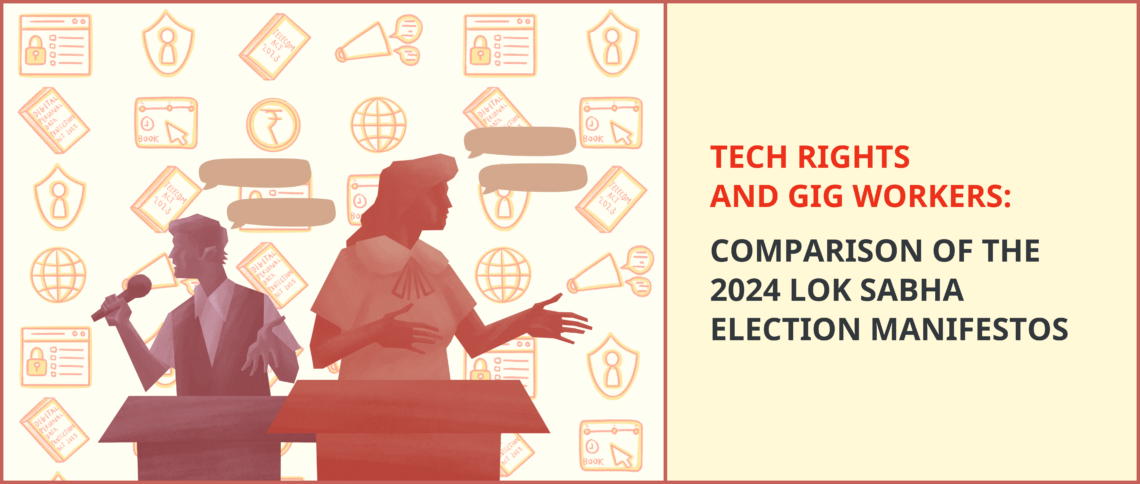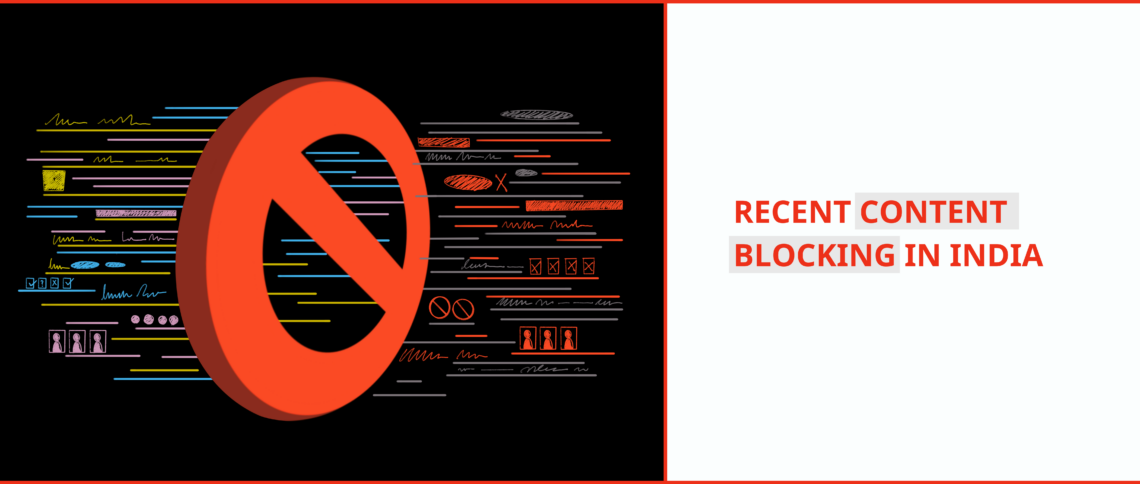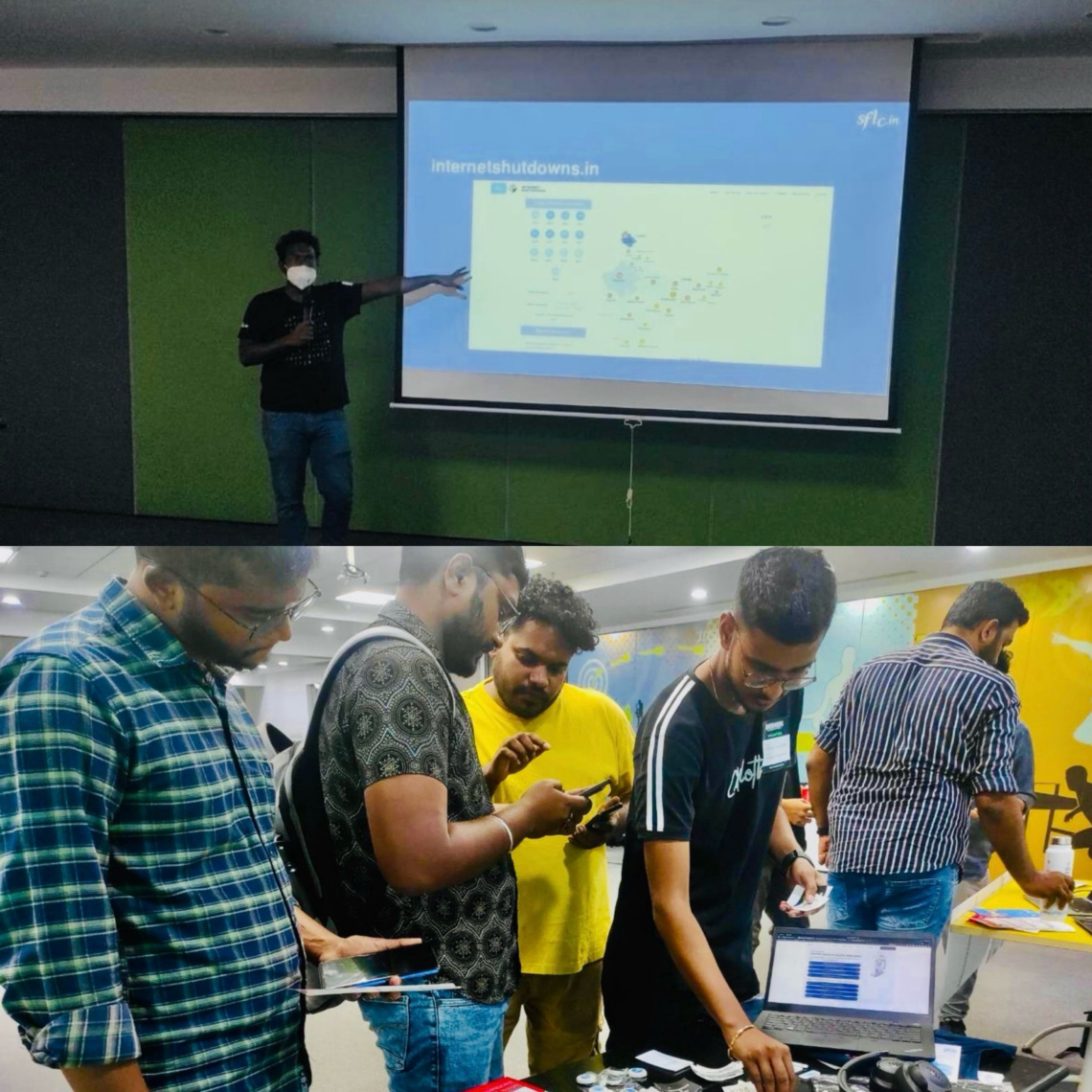Microsoft Open Sources .NET
http://news.microsoft.com/2014/11/12/microsoft-takes-net-open-source-and-cross-platform-adds-new-development-capabilities-with-visual-studio-2015-net-2015-and-visual-studio-online/http://www.wired.com/2014/11/microsoft-open-sources-net-says-will-run-linux-mac/https://github.com/dotnet
On Wednesday November 12th, Microsoft announced that it will open source most of the server-side .NET framework, and expand it to run on other platforms such as Linux and Mac OS. This is seen as an enormous step by a company that has long opposed the free and open source software movement. The move follows Microsoft’s announcement earlier this year that it intended to open source a number of its development technologies.
The .NET framework is Microsoft’s development framework used by small and large enterprises to build websites and other online applications. A reported 6 million developers work with .NET. Microsoft is open sourcing the .NET stack, including ASP.NET, the .NET compiler, the .NET Core Runtime, Framework and Libraries, which will enable developers to build with .NET across Windows, Mac or Linux (the client-side .NET framework will remain closed). The code is hosted on Github and the project will be managed by the .NET Foundation launched by Microsoft in April of this year.
“We want to have a developer offering that is relevant and attractive and valuable to any developer working on any kind of application” said Soma Somasegar, VP of the developer division at Microsoft. According to Somasegar Microsoft’s new CEO Satya Nadella played an important role in the changes. “What he has helped us all do is continue with what we have been all been thinking about for a while now—and sort of kicking it into a higher gear.”
Commentators note that the .NET framework had lost popularity among independent developers and that this move might be an attempt to win them back. Wired’s Cade Metz sees “yet another bid to make up lost ground in the long march to the future of computing.” Metz points out that .NET’s primary competitor, Oracle’s largely open source Java, is more popular according to most estimates. Java’s popularity over .NET is attributed to the fact that it is open source, and able to run on multiple platforms.
The announcement has many people hypothesizing about how far Microsoft will go in open sourcing its products, with some going so far as to suggest that Microsoft set free Windows itself.
Martin Fink Details Hewlett-Packard’s Plans for Revolutionary FOSS Operating System
https://www.softwarefreedom.org/events/2014/sflc_at_10.htmlhttp://sdtimes.com/hps-plan-new-operating-system-speed-less-energy/http://www.pcworld.com/article/2842252/hps-radical-new-machine-could-start-computing-by-2016.html
Martin Fink, Chief Technology Office of information technology giant Hewlett-Packard, delivered a keynote address October 30th at the Software Freedom Law Center’s 10th Anniversary Conference. During his keynote address Fink described the revolutionary memristor-based computing platform currently under development at HP and spoke about the design for the platform’s accompanying free and open source operating system codenamed Carbon. The memristor-based platform, known as the Machine represents a fundamental revolution in computer systems architecture with . A central component of the Machine will be the Carbon operating system which is being designed from the outset to optimally integrate with the characteristics of the Machine’s innovative hardware. Fink notes that “The intent is for Carbon to be open-sourced, and we have a team that is working on both the technology side as well as the licensing side of this.” He futher remarked that the assistance of Eben Moglen and the Software Freedom Law Center will be critical to this effort.
GNOME/Groupon Trademark Dispute Resolved
http://www.omgubuntu.co.uk/2014/11/breathe-groupon-gnome-trademark-endhttp://www.engadget.com/2014/11/11/groupon-gnome-foundation-trademark-war/http://www.zdnet.com/groupon-retreats-from-claim-on-gnome-foundation-trademarks-7000035705/
A trademark dispute between Groupon and the GNOME Foundation flared up in the public eye this month. Groupon was seeking to register a trademark for the Gnome name on a tablet-based point-of-sale system. GNOME, which has been an active GNU/Linux desktop project for 17 years and has owned a valid trademark registration on the Gnome name since 2006 objected to the use of its mark but Groupon was unwilling to pick another name. In an official statement on its website the GNOME Foundation wrote “”To use the GNOME name for a proprietary software product that is antithetical to the fundamental ideas of the GNOME community, the free software community and the GNU project is outrageous.”
The GNOME Foundation made a plea for support to cover legal fees and in only a few short days the not for profit project received USD 102,608.76 in donations from 5622 separate individuals. Almost as soon as the public dispute began Groupon bowed to the overwhelming public pressure and promptly conceded defeat despite it’s superior resources



